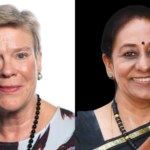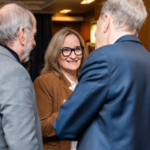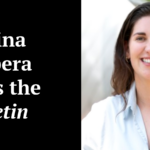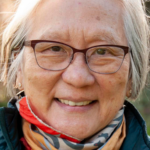Bulletin introduces inaugural class of Editorial Fellows
By Bulletin Staff | September 13, 2021
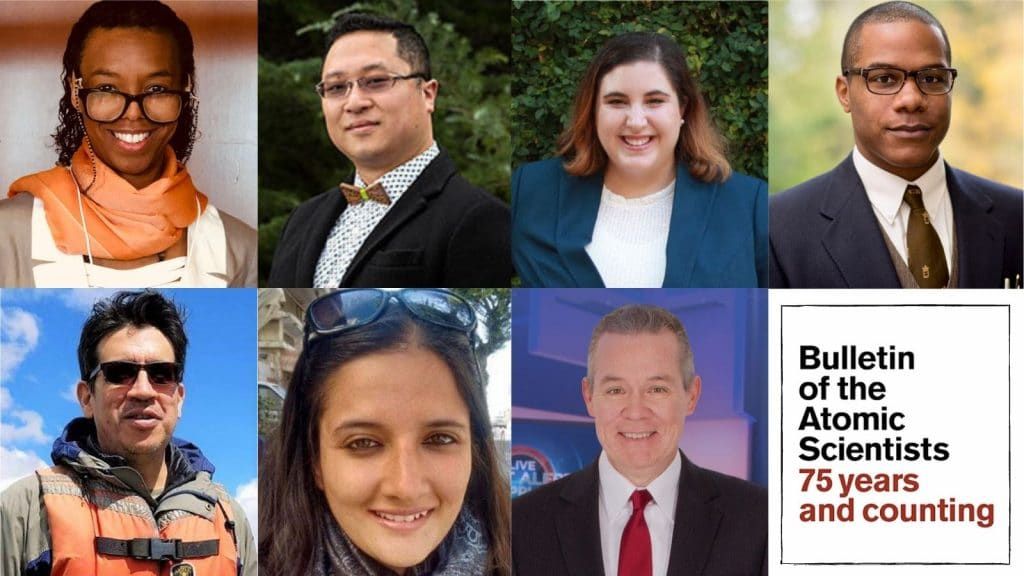 Top row, from left: , Angela Pashayan, Yong-Bee Lim, Lauren Sukin, Trenton W. Ford.
Bottom row, from left: Mark Magaña, Urvashi Sarkar, John Morales.
Top row, from left: , Angela Pashayan, Yong-Bee Lim, Lauren Sukin, Trenton W. Ford.
Bottom row, from left: Mark Magaña, Urvashi Sarkar, John Morales.
The Bulletin of the Atomic Scientists welcomes its inaugural class of Editorial Fellows, who will write regularly in a new program that enhances the organization’s editorial capacity and demonstrates its commitment to publishing a variety of voices and viewpoints.
The seven fellows will publish articles regularly on nuclear risk, climate change, and disruptive technologies—key areas in the Bulletin’s mission to inform the public, policymakers, and scientists about man-made threats to human existence.
“We selected these seven writers because of their established record of publishing quality work or because they have been identified as emerging leaders in their respective fields—and often both,” Bulletin editor-in-chief John Mecklin said. “We are excited to add their diverse perspectives to the broad range of international coverage the Bulletin already provides.”
The Editorial Fellows Program rests on the understanding that science is expected to advance more in the next 40 years than in all human history, raising political and ethical questions whose answers will shape the future safety and security of all the people on our planet. The disruptive technologies fellows are supported by Axiom Consulting Partners, a Chicago-based advisory firm integrating strategy, artificial intelligence (AI), and behavioral science.
The 2021-22 Editorial Fellows are:
Trenton W. Ford, a doctoral candidate in computer science at the University of Notre Dame, who researches misinformation and disinformation in online contexts. He will write about disruptive technologies.
Yong-Bee Lim, a fellow at the Council on Strategic Risks, who focuses on biosecurity, biodefense strategy, and emerging and converging technologies. He will cover issues related to disruptive technologies.
Mark Magaña, founding president and CEO of GreenLatinos, a national network of Latino environmental and conservation advocates. He will produce climate change articles.
John Morales, chief meteorologist at WTVJ-NBC6 in Miami. He will cover climate change issues.
Angela Pashayan, a doctoral candidate at Howard University in Washington, DC, who researches policy, government, and security issues. She will write about disruptive technologies.
Urvashi Sarkar, a freelance journalist in Mumbai who has reported on nuclear policy and foreign policy. She will cover nuclear risk issues.
Lauren Sukin, a pre-doctoral fellow at Stanford University’s Center for International Security and Cooperation, who researches the dynamics of nuclear weapons, crisis polities and conflict studies. She will produce articles related to nuclear risk.
Learn more about the 2021-22 Editorial Fellows and the program at thebulletin.org/editorial-fellows-program/.
About the Bulletin of the Atomic Scientists
The Bulletin equips the public, policymakers, and scientists with the information needed to reduce man-made threats to human existence. At its core, it is a media organization, posting free articles on its website and publishing a premium digital magazine. The Bulletin focuses on three main areas: nuclear risk, climate change, and disruptive technologies. Learn more at TheBulletin.org.
Together, we make the world safer.
The Bulletin elevates expert voices above the noise. But as an independent nonprofit organization, our operations depend on the support of readers like you. Help us continue to deliver quality journalism that holds leaders accountable. Your support of our work at any level is important. In return, we promise our coverage will be understandable, influential, vigilant, solution-oriented, and fair-minded. Together we can make a difference.
Topics: What’s New at the Bulletin
